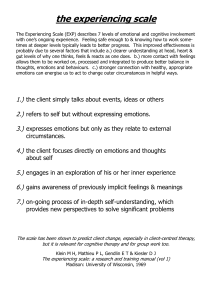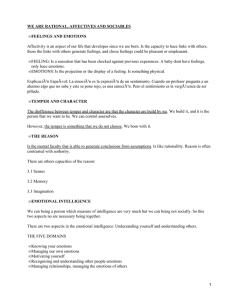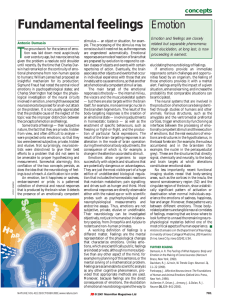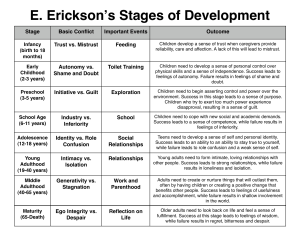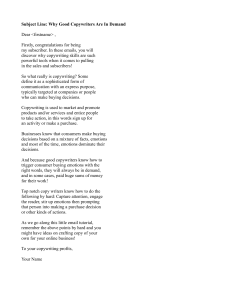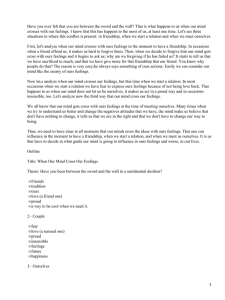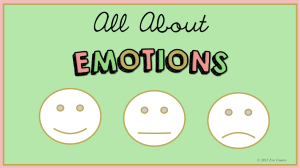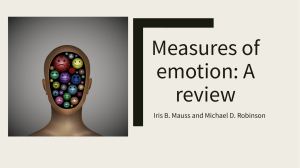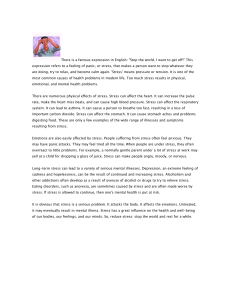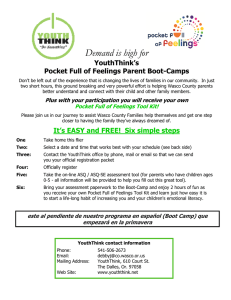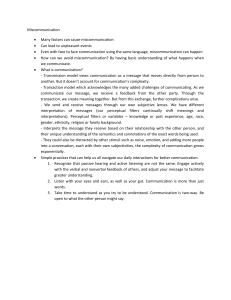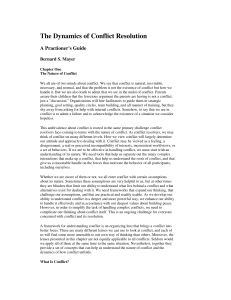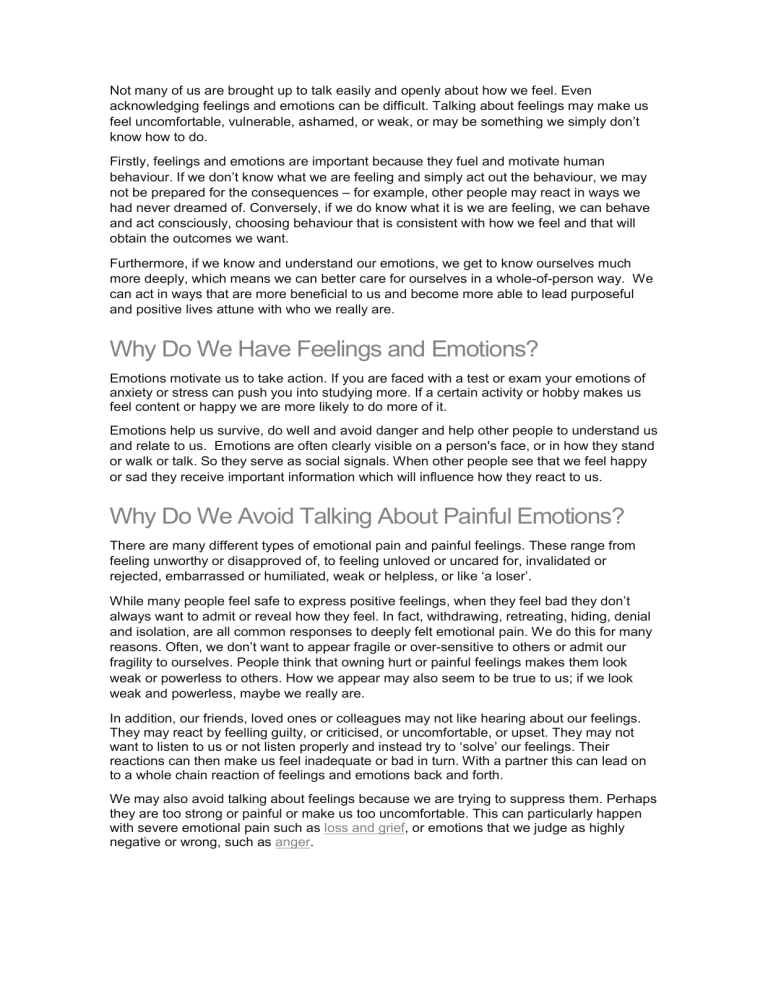
Not many of us are brought up to talk easily and openly about how we feel. Even acknowledging feelings and emotions can be difficult. Talking about feelings may make us feel uncomfortable, vulnerable, ashamed, or weak, or may be something we simply don’t know how to do. Firstly, feelings and emotions are important because they fuel and motivate human behaviour. If we don’t know what we are feeling and simply act out the behaviour, we may not be prepared for the consequences – for example, other people may react in ways we had never dreamed of. Conversely, if we do know what it is we are feeling, we can behave and act consciously, choosing behaviour that is consistent with how we feel and that will obtain the outcomes we want. Furthermore, if we know and understand our emotions, we get to know ourselves much more deeply, which means we can better care for ourselves in a whole-of-person way. We can act in ways that are more beneficial to us and become more able to lead purposeful and positive lives attune with who we really are. Why Do We Have Feelings and Emotions? Emotions motivate us to take action. If you are faced with a test or exam your emotions of anxiety or stress can push you into studying more. If a certain activity or hobby makes us feel content or happy we are more likely to do more of it. Emotions help us survive, do well and avoid danger and help other people to understand us and relate to us. Emotions are often clearly visible on a person's face, or in how they stand or walk or talk. So they serve as social signals. When other people see that we feel happy or sad they receive important information which will influence how they react to us. Why Do We Avoid Talking About Painful Emotions? There are many different types of emotional pain and painful feelings. These range from feeling unworthy or disapproved of, to feeling unloved or uncared for, invalidated or rejected, embarrassed or humiliated, weak or helpless, or like ‘a loser’. While many people feel safe to express positive feelings, when they feel bad they don’t always want to admit or reveal how they feel. In fact, withdrawing, retreating, hiding, denial and isolation, are all common responses to deeply felt emotional pain. We do this for many reasons. Often, we don’t want to appear fragile or over-sensitive to others or admit our fragility to ourselves. People think that owning hurt or painful feelings makes them look weak or powerless to others. How we appear may also seem to be true to us; if we look weak and powerless, maybe we really are. In addition, our friends, loved ones or colleagues may not like hearing about our feelings. They may react by feelling guilty, or criticised, or uncomfortable, or upset. They may not want to listen to us or not listen properly and instead try to ‘solve’ our feelings. Their reactions can then make us feel inadequate or bad in turn. With a partner this can lead on to a whole chain reaction of feelings and emotions back and forth. We may also avoid talking about feelings because we are trying to suppress them. Perhaps they are too strong or painful or make us too uncomfortable. This can particularly happen with severe emotional pain such as loss and grief, or emotions that we judge as highly negative or wrong, such as anger.
